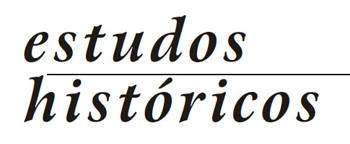Abstract
How to interpret the Brazilian Electoral Code of 1932? It introduced measures considered fundamental to expand political participation and adopted the secret vote, proportional representation, women’s suffrage, mandatory voting, besides creating an Electoral Court. The literature usually points to the Code as a progress made by Brazilian institutions toward democracy. This article proposes an alternative interpretation. Analyzing the context behind the design of these rules and their impact on the 1933 and 1934 elections, we argue that the 1932 Electoral Code served the interests of the authoritarian government that sought to legitimize the 1930 Revolution at the box office.
Keywords:
1932 Brazilian Electoral Code; Vargas Era; elections; electoral authoritarianism; political competition
